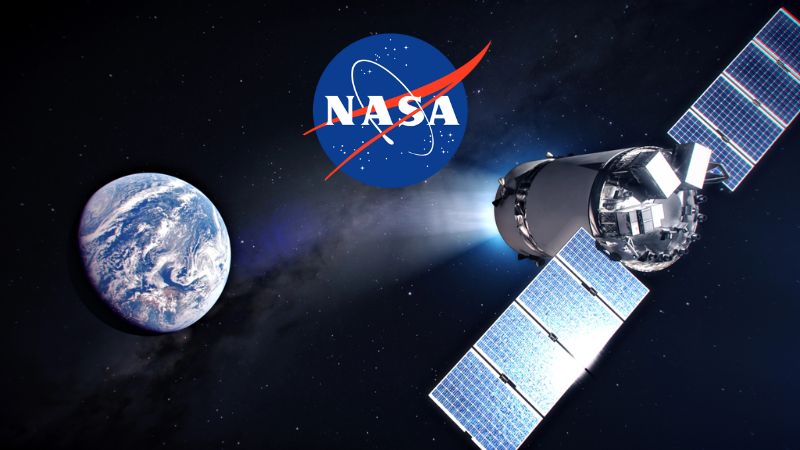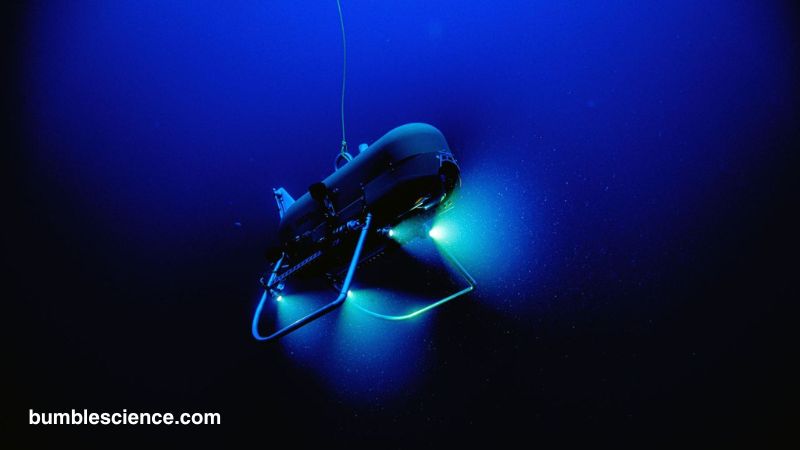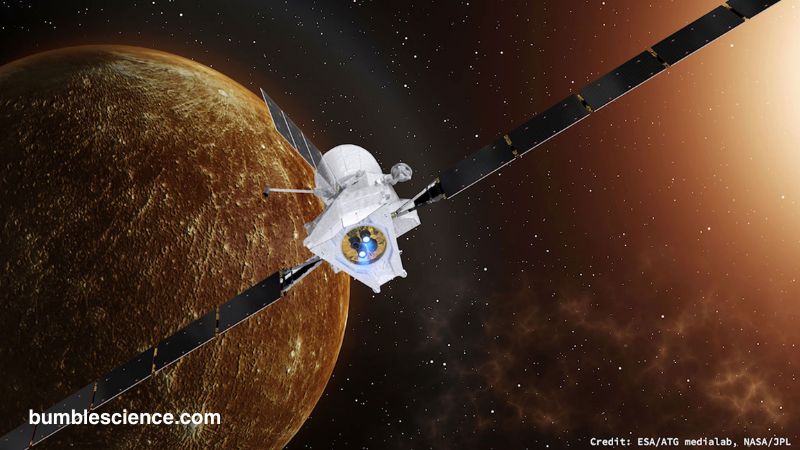In the vast expanse of human curiosity, two frontiers have perpetually captivated our collective imagination: the unfathomable depths of the ocean and the boundless expanses of outer space. NASA, revered as the preeminent space agency of the United States, has long been synonymous with celestial exploration. Yet, a persistent inquiry echoes across digital forums, including the ubiquitous platform of Reddit: why did nasa stop exploring the ocean reddit? This query, recurrent and resonant, underscores a fundamental curiosity about the agency’s inherent priorities and its intriguing relationship with our planet’s aquatic realms. Let’s explore with Bumblescience in the following now.
NASA’s Mission and History:
Founded during the height of the Cold War in 1958, NASA emerged as a pivotal player in the space race rivalry between the United States and the Soviet Union. Charged with the ambitious task of expanding human understanding and technological prowess through space exploration, NASA has undertaken monumental missions, including the historic Apollo moon landings and ongoing endeavors to explore Mars and beyond. Through these ventures, NASA continues to inspire awe and curiosity, captivating the imaginations of individuals worldwide with its pioneering spirit and achievements.
Why Did Nasa Stop Exploring The Ocean Reddit?
As NASA’s triumphs in space exploration mounted, inquiries surfaced regarding its apparent absence in the exploration of Earth’s oceans, a topic frequently debated among Reddit users. The rationale behind NASA’s cessation of oceanic exploration can be attributed to the agency’s primary mission focus and resource allocation strategies. With finite resources at its disposal, NASA prioritizes endeavors aligned with its core mission, such as space exploration, which necessitates significant financial, technological, and human investments.
Space Exploration Focus:
Rooted in its foundational mission, NASA remains resolutely dedicated to the exploration of the cosmos. Renowned for its mastery in spacecraft design, operational excellence, and scientific inquiry within the realm of microgravity, the agency has established an enduring legacy in celestial exploration. Although occasional partnerships with Earth-focused agencies like the National Oceanic and Atmospheric Administration (NOAA) have transpired, NASA’s primary focus remains inherently linked to the mysteries of outer space, underscoring its unwavering commitment to pioneering discoveries beyond our planet.
Navigating Resource Allocation Conundrums:
The recurrent inquiry regarding NASA’s abstention from oceanic exploration, as fervently articulated within Reddit’s digital tapestry, underscores a broader discourse surrounding the agency’s strategic prerogatives. Some lament the perceived oversight, contending that NASA’s reticence represents a missed opportunity to unearth the profound secrets harbored within Earth’s aquatic realms. Conversely, proponents of NASA’s steadfast celestial focus posit that the agency’s specialized endeavors serve to catalyze collaborative synergies, allowing other agencies, such as NOAA, to diligently steward the exploration and preservation of our planet’s oceans.
Collaborative Endeavors and Earth Sciences:
Certainly, the National Oceanic and Atmospheric Administration (NOAA), in collaboration with an array of esteemed oceanographic institutions and research vessels worldwide, assumes a pivotal role in spearheading oceanic exploration endeavors. Their collective efforts encompass a wide spectrum of activities, ranging from the meticulous mapping of the ocean floor to comprehensive studies of marine ecosystems and climatic phenomena. Together, these organizations form an indispensable vanguard dedicated to unraveling the mysteries concealed within the depths of the ocean, contributing significantly to our understanding of Earth’s marine environments.
NASA’s Tangential Contributions to Earth Sciences:
Although NASA’s involvement in oceanic exploration may not be constant, it is not entirely absent. The agency’s Earth Observing System satellites form a vigilant fleet, continuously observing the planet’s evolving landscape and providing indispensable data on oceanic dynamics. By discerning changes in oceanic temperatures, mapping currents, and monitoring sea levels, these orbital sentinels offer a comprehensive depiction of Earth’s climatic fluctuations. Through this ongoing observation, they contribute to a deeper understanding of the impact of human activities on the planet’s delicate ecosystems and weather patterns.
Navigating the Nexus of Resource Constraints and Scientific Prowess:
Yet, despite these commendable forays, the lingering question persists: why did NASA halt its forays into oceanic exploration, as fervently interrogated within Reddit’s digital precincts? The answer, shrouded within the intricate calculus of resource allocation and institutional imperatives, lies ensconced amidst the agency’s finite reservoirs. Space exploration, with its concomitant demands for financial largesse, technological ingenuity, and human capital, occupies a preeminent pedestal within NASA’s strategic calculus, leaving scant resources for tangential endeavors.
Conclusion:
To sum up, while NASA’s celestial odysseys continue to captivate the human imagination, queries regarding its abstention from oceanic exploration persist. The agency’s strategic trajectory, delineated by the imperatives of cosmic inquiry, underscores the intricacies inherent within the pursuit of scientific exploration. Nevertheless, the burgeoning imperative of interdisciplinary collaboration and the burgeoning nexus between space and sea portend a future replete with boundless possibilities. As humanity stands at the crossroads of cosmic inquiry and terrestrial stewardship, the enigma of NASA’s reticence towards oceanic exploration serves as a poignant reminder of the intricacies embedded within the tapestry of human endeavor.


